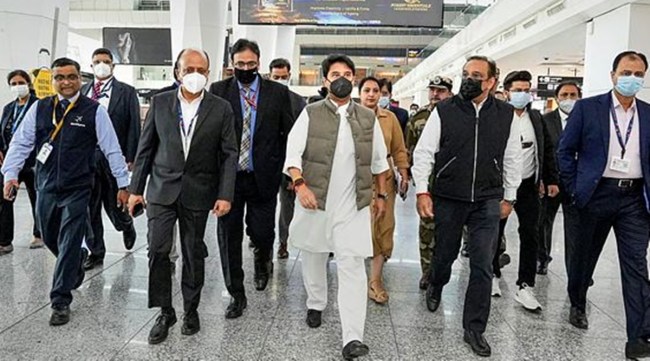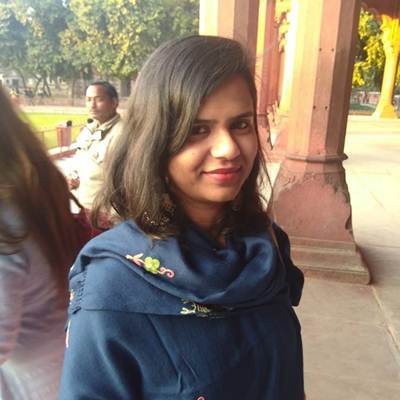Opinion Delhi’s T-3 mess: As a caste-driven society, we seem to have trouble believing that rules apply to everyone equally
Our poor civic sense is an entitlement problem. We lack a sense of fraternity, of 'we are all in this together'.
 According to videos on social media and first-person accounts, sparks have flown, fliers have flown off the handle, and enough irate people have tagged the Union civil aviation minister on Twitter for him to visit the airport and make remedial plans on the fly. (PTI)
According to videos on social media and first-person accounts, sparks have flown, fliers have flown off the handle, and enough irate people have tagged the Union civil aviation minister on Twitter for him to visit the airport and make remedial plans on the fly. (PTI) So the Delhi airport’s Terminal 3 is behaving like Kashmere Gate metro station, and of course, that just can’t fly. According to videos on social media and first-person accounts, sparks have flown, fliers have flown off the handle, and enough irate people have tagged the Union civil aviation minister on Twitter for him to visit the airport and make remedial plans on the fly.
It is true that being jostled in a crowd while panicking that you won’t reach your destination is stressful. It is also true that this is hardly uncommon in India – the lakhs of people who take the Virar fast from Dadar every month can bear witness, after they have elbowed out laggards and found a seat on the train. What makes crowds in India particularly exhausting – and often dangerous – is our collective lack of civic sense: People will jump queues, yell, try to clout-out their way to the front.
So far, one tended to assume that a place like the Delhi airport would be spared this, that the money one spent to get there would stop the ugliness at its automated doors. But the T3 chaos proves that air-conditioning and softly wafting smells of coffee cannot lull our baser instincts forever.
There are operational reasons for the T3 mess, such as an inadequate number of counters, the holiday rush, and limited security staff. But that does not explain why people insist on making a bad situation worse, by being unruly, unmanageable, and generally unpleasant. A common complaint is that “all kinds of people” can now afford flight tickets, who don’t have the manners and etiquette of seasoned fliers.
However, the “queue is for losers” sentiment transcends income levels.
As a society, we don’t believe good things come to those who wait. We believe good things have to be muscled off from everyone else waiting, by means foul and fair.
A part of this comes from living in a scarcity economy in an overpopulated country. We can’t afford to believe in an essentially fair system – that if I wait patiently, my due will eventually come to me. We operate on the urgent knowledge that the pie is simply too small, and if we don’t fight for our share, we won’t even get the crumbs. Thus, we are constantly trying to get ahead, breaking that traffic rule, cutting that queue, cajoling, threatening, networking our way to the front.
But the bigger, and more deeply ingrained problem, is that as a deeply caste-riven society, the concept of equality does not come naturally to us. We don’t believe rules apply to everyone equally and everyone is supposed to follow them. We don’t even believe everyone is equal before God, as “VIP queues” at any popular temple demonstrate.
We don’t just have a civic sense problem, we have an entitlement problem. We lack a sense of fraternity, of “we are all in this together”. The dominant castes (still overwhelmingly the dominant class) believe they should be able to pay/brawl/brag their way out of a difficult situation, and if in the process, they are making that situation more unpleasant for others, it is not their problem. All the poor civic sense traits we display – jumping signals, cutting queues – are not just to get ahead, they are to overtake, to secure one’s own exit, even if the mess continues forever.
It is not just standing in a queue we need to learn. We need to learn that the queue is horizontal, and everyone has the same right – not more, not less – to stand in it.
yashee.s@indianexpress.com




